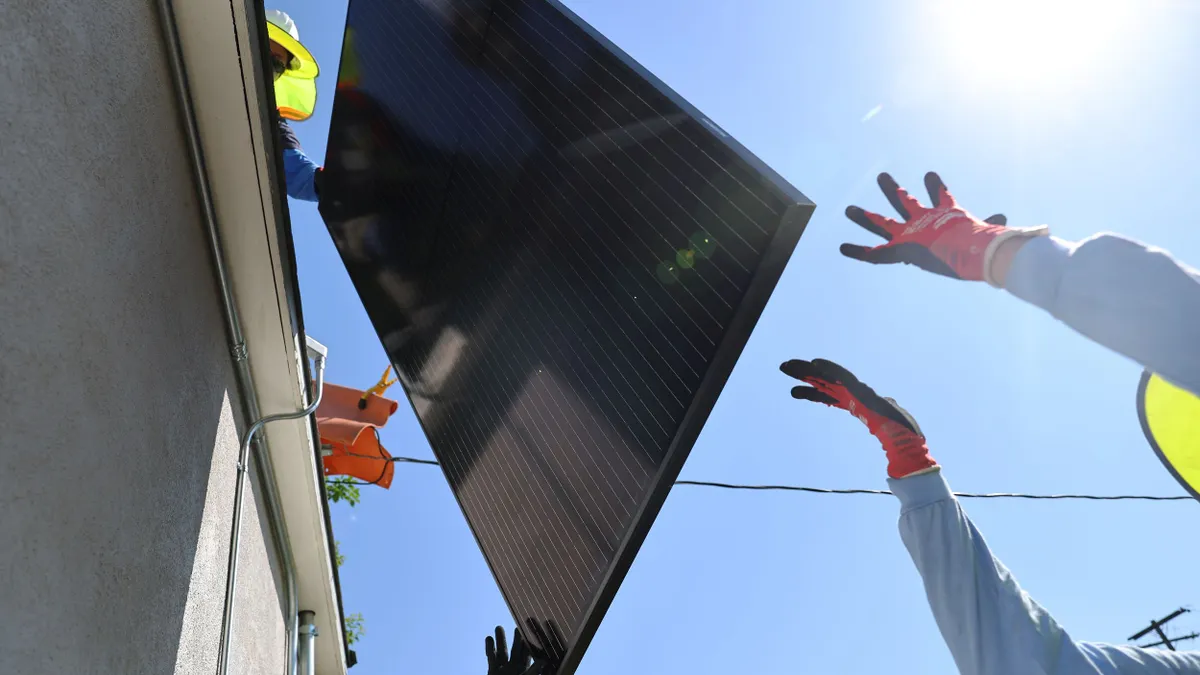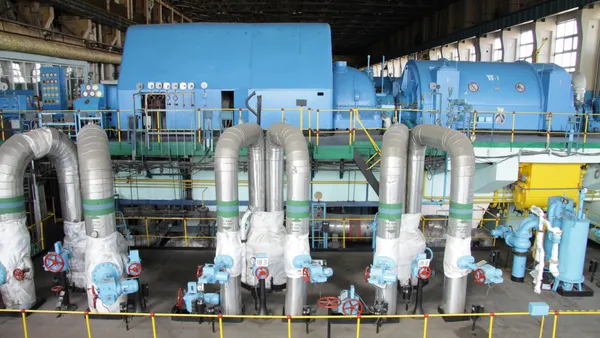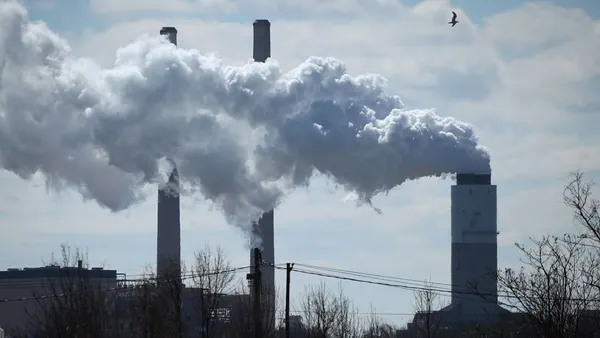Growing up in Georgia, Montana Busch says he had two passions: technology and the environment. In 2007, when he was still a teenager, he founded Alternative Energy Southeast, a solar installer that today employs some 30 people between its offices in Athens and Savannah.
Business is booming, but Busch fears it will be short-lived. He saw a three to fourfold increase in requests for quotes “overnight” after President Donald Trump signed his signature tax and spending law that ended a 30% residential tax credit for homeowners to install solar nearly 10 years early. Third-party owners, such as those that offer lease agreements, can continue to get the credit until the end of 2026.
After the rush to claim the credit, Busch anticipates a sharp decline in residential customers. He hopes to replace the lost business with new commercial clients, but he’s concerned. He must also contend with rapidly-shifting tariffs and the potential abrupt end of Solar For All, a $7 billion federal program to expand access to solar power and which had just launched in Georgia to enthusiastic demand.
“We’ve sold a record number of projects in the past few weeks and, you know, it’s great in a lot of ways, but it’s also a big challenge for a business to ramp up and ramp down,” Busch said. “That’s what doesn’t make any sense about this: Solar provided means for someone like me ... to build a business from the ground up, i.e. the American Dream, right? But our own government is against our industry.”
A similar pattern of surging demand and unease appears to be happening nationwide, according to representatives for EnergySage, an online shopping tool where users can request and compare quotes for solar, storage and heat pumps.
Overall, EnergySage saw a 59% month-over-month increase in registrations from potential customers from June to July.
“We have seen some of our biggest weekly registration numbers in our entire history” since the company was founded in 2014, said Emily Walker, director of content and insights at EnergySage. “That’s very indicative of huge spikes in demand.”
But the company also conducted a survey of contractors and found that more than 90% said the tax credits going away would harm their business, with nearly two-thirds expecting "dramatic harm." One in four said they would consider leaving the industry altogether if the credits were cut.
“Pretty striking numbers in terms of the effect that this is going to have,” Walker said.
The nonprofit Interstate Renewable Energy Council conducts an annual solar jobs census that found the U.S. solar industry employed about 280,000 workers in 2023, the most recent year available.
Walker pointed out that the industry is also enjoying some good news. Solar system installation prices remain at historic lows, though it’s early to gauge the impacts of tariffs. The company’s most recent marketplace report said solar prices dropped for the third six-month period in a row, hitting $2.50 per watt, the lowest median quoted price since the company began tracking data in 2014. Quoted storage prices also fell to a new record low of $999 per kilowatt-hour stored, it said.
In the meantime, retail energy prices are rising and solar is growing more popular even in states without supportive policies, Walker said.
“I think a lot of it is energy independence, grid instability and rising electricity rates,” she said. “We’re expecting electricity prices to rise pretty significantly.”
Aurora Solar recently released the findings of a survey it did that found most respondents were not familiar with the details of what was in the tax and spending bill, but that expiration of the incentives made them more interested in pursuing installation.
“Under the current Trump administration, the renewable energy sector has lost something critical: long-term policy stability and investor confidence,” Chris Hopper, the CEO of Aurora Solar, said in a statement. “While I’m confident it will be rebuilt, the erosion of trust and capital in the meantime makes it harder for businesses to invest with conviction.”














